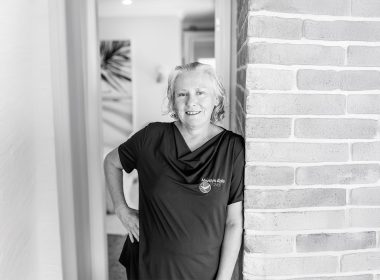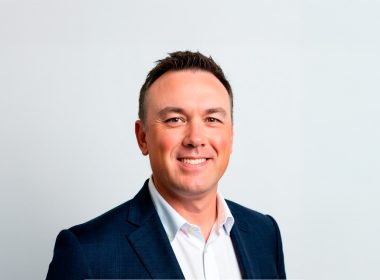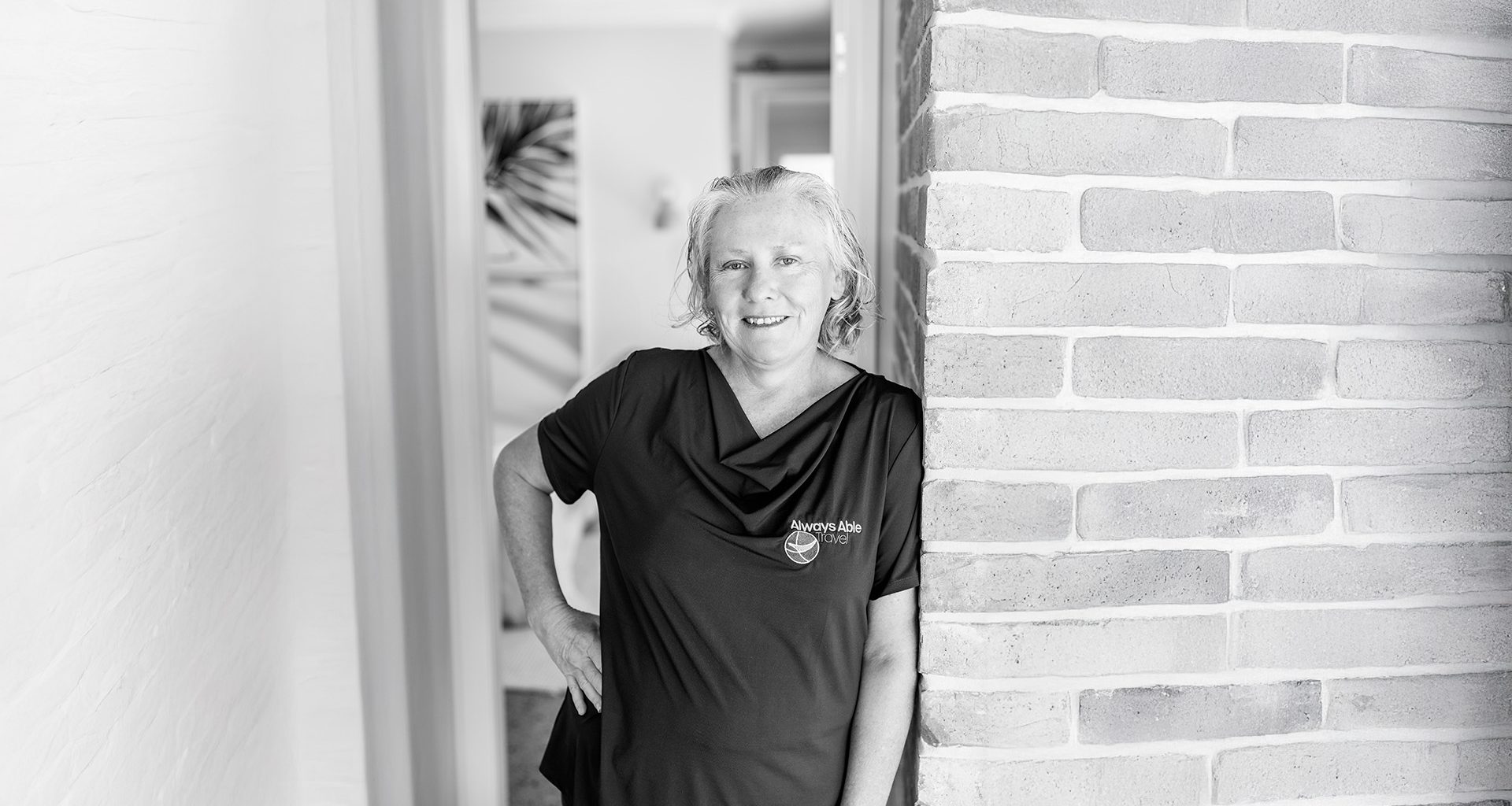In rural areas, people with disabilities often remain isolated simply because they lack appropriate transportation. This common but overlooked barrier keeps many from attending medical appointments, participating in community events, or enjoying recreational activities. Michelle Nohotima recognized this gap and created a door-to-door service that has since expanded to serve multiple communities, prioritizing dignity while changing lives through simple but essential access.
Meeting Critical Transportation Needs
Michelle’s approach was born from a straightforward observation: without proper transportation, many people simply couldn’t participate in community life. “They couldn’t go out in the community if no one was going to go and get them in the appropriate vehicles and take them out,” Michelle explains. Her solution was equally straightforward – providing vehicles and service that would pick people up at their doors and return them home safely.
What began as a service for people with disabilities quickly grew to meet broader community needs. “We also offered our services to single mothers who couldn’t drive, to the elderly who didn’t have the resources to get out of the house and into the community,” says Michelle. Before home delivery services became common, her team would also handle shopping trips. “We would go to their homes, pick up their shopping lists and do their shopping for them,” she adds.
Breaking Isolation Through Specialized Transportation
The lack of accessible vehicles in rural areas creates significant barriers. Michelle shares one particularly meaningful example: “We’ve got a girl that has cerebral palsy and she’s in a wheelchair. They didn’t have an appropriate vehicle at home. To get her to doctor’s appointments, you’d have to book a taxi from the nearest big town, which is 40 minutes away. You’d have to book that weeks in advance.” This planning burden disappeared once the young woman began using Michelle’s service. “When she signed up with our service, she could make a doctor’s appointment for the next day and she’d have the transport to get there,” Michelle notes. The impact went beyond convenience. “Without the help of our service, getting her out into the community would have made her life a lot lonelier and more difficult. She’s been with us now for nine years.”
Michelle’s team has developed several vehicle options to meet different needs. “We have a wheelchair van with a chairlift at the back that can lift people up into the back, and then they can either stay in their chair or transfer to a seat,” she explains. Beyond strictly functional considerations, Michelle emphasizes how vehicle design affects client experience. “We’ve adapted our normal vehicles so we make sure we get the ones with the right back, so it’s got a low back and we can tilt, put the wheelchairs in there. Our vehicles are all modified because they want to feel normal too, just being in a normal car.” This attention to emotional needs stems from core values. “It’s all about dignity, respect and care. We modify our vehicles so they can be like everybody else,” Michelle says.
Creating Exceptional Experiences
The service goes beyond daily needs to create memorable experiences. “We do a lot of supported holidays, so we take people with high disability needs away on holidays,” Michelle shares. “We pick them up at their home, take them away on the holiday of their dreams and bring them back home again.” These supported vacations have taken clients to international destinations like Fiji, New Zealand, and Hawaii.
Locally, the team facilitates attendance at football games, sporting events, festivals, and musicals. Even as home delivery services have expanded, Michelle has simply shifted focus. “It’s actually freed us up to provide services for other needs. Now we don’t have to do the shopping part, we can take more people to doctor’s appointments,” she notes.
Despite growth, Michelle remains committed to the organization’s core values. “Our business is not a really huge business, it’s a family business and that’s how we like to keep it,” she says. “We don’t want to get so big that we lose that family touch.” Her hope extends beyond her own organization: “I hope other services in our community take on the same philosophies as ours and champion for these people and their rights to be part of the community like everybody else.”
Connect with Michelle Nohotima on LinkedIn or via Always Able to learn more about her inspiring work in accessible transportation.











